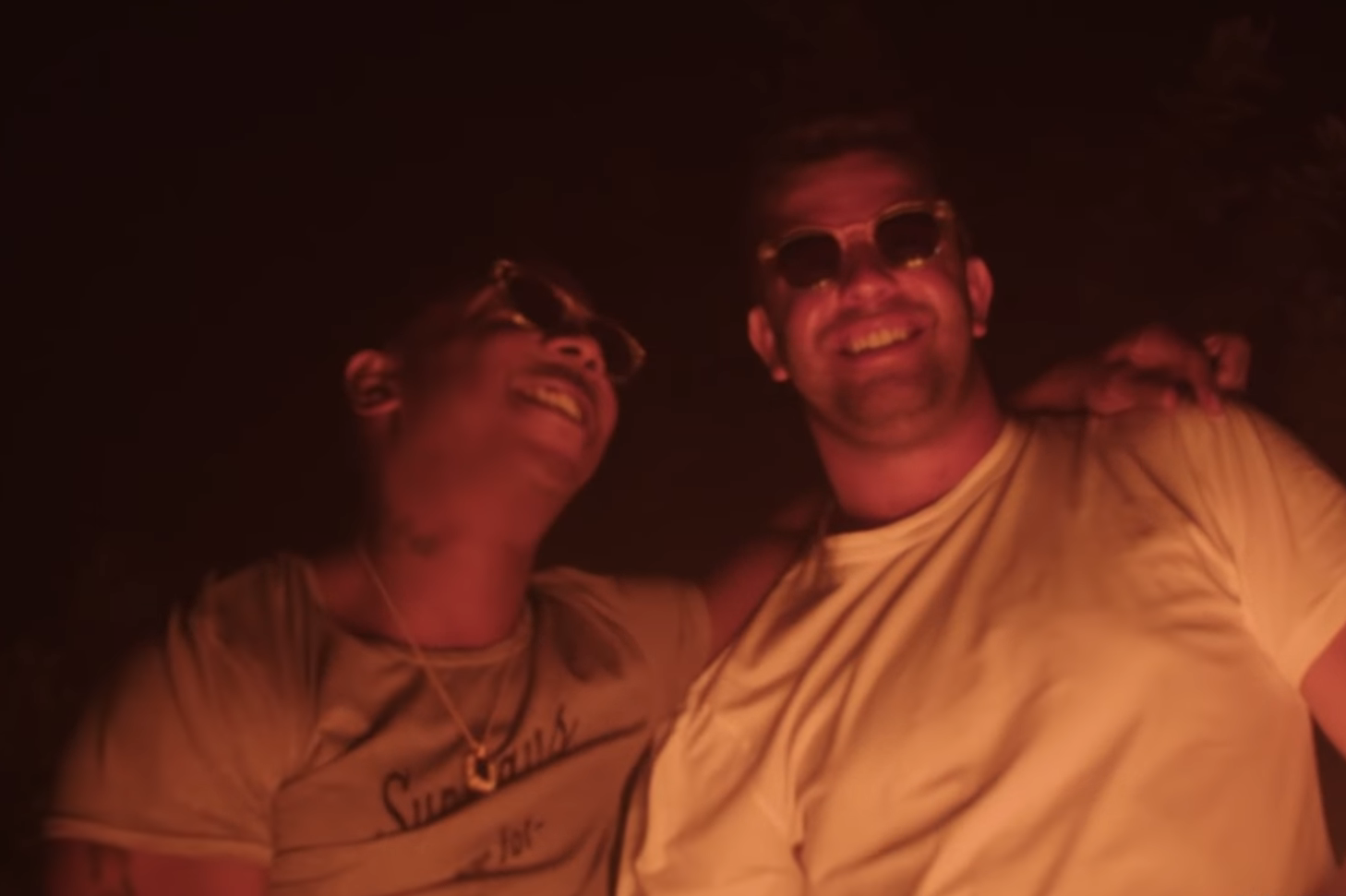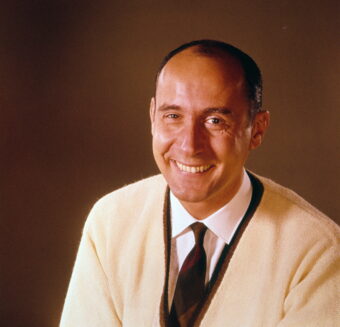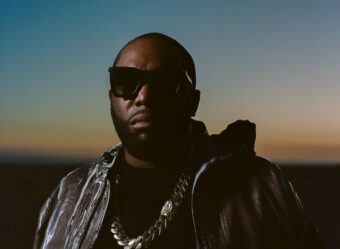Why watch a documentary about Fyre Festival? Why watch two? You don’t actually need to, which was the admission implied in Hulu’s decision this week to surprise-release its documentary, Fyre Fraud, days ahead of Netflix’s competitor, Fyre: The Greatest Party That Never Happened. Both films tell the same story: inflated promises relayed in the incredulous tones of hindsight; frantic crews attempting 18 months of work in a matter of weeks; a collection of the variously unqualified all repressing a sneaking suspicion that something is badly wrong.
Between the two, Netflix’s is stronger, eliciting more worthwhile interviews and making better use of similar footage. But again, why watch a documentary about Fyre Festival at all? We saw it unfold in real time on social media in 2017, a pack of privileged young people showing up to the all-inclusive Bahamian destination festival that didn’t include anything. We met Billy McFarland, the upstart “entrepreneur” telling whopper after whopper in pursuit of financing for his tacky Instagram fever dreams. Two years after his festival didn’t happen, McFarland is serving six years in prison for fraud, and yet the rest of us are still buying—this time, from the video streaming services. Fyre’s would-be operators couldn’t figure out how to make any money, but that can’t stop anyone else.
Of course, the rival documentaries are also feuding. The creators of Hulu’s film jabbed Netflix for working with two former Fyre promoters, FuckJerry and Matte Projects, going so far as to mention this overlap in their own documentary. (The Hulu film was also co-produced with Billboard, which owns Spin.) Chris Smith, director of Netflix’s project, fired back, protesting that Hulu paid McFarland for its most notable piece of exclusive content: an in-person interview.
“Billy McFarland tells all” would be a remarkable selling point, but unfortunately, Billy has apparently financed lawyers scary enough to convince him to keep his mouth shut. (Presumably the lawyers also encouraged him to sign his plea deal, the exact kind of strategic long-term self preservation he otherwise appears incapable of.) On camera, McFarland is unable to comment on his then-pending case. He somehow manages to take responsibility for soliciting irresponsible loans without admitting that the loans were, in fact, irresponsible. He doesn’t have an answer for the question of whether or not he’s a sociopath, though he has appeared to con his own mother so effectively that she wrote an impassioned legal document defending her son on the basis of his grade school math skills.
Former colleagues and employees interviewed in both films describe McFarland as a charming, seemingly trustworthy salesman, but it’s hard to see it in his bland bro looks and oily speaking manner. Lurk the subtext and you might pick up a shred of his missing self-awareness: “The internet doesn’t have parents, it doesn’t have teachers, it doesn’t have rules,” McFarland tells Hulu’s interviewer at one point. “No one really told you what was right or wrong.” Boo hoo—he only had access to humanity’s greatest information resource and blamed anyone else for his failure to learn something as basic as right and wrong.
If greed made Billy McFarland a con man, lack of originality made him the perfect antihero of the internet. In Netflix’s doc, former Fyre Media employee MDavid Low says the original seed of Fyre Fest was his idea: to “throw a festival, like a concert for industry professionals” promoting Fyre’s ostensible main business, a talent-booking app sometimes described as “Uber for celebrities.” (So original!) Imagine if they’d just rented out a club in New York or L.A. and booked a couple acts for the night.
Hulu’s Fyre Fraud correctly grounds the festival’s marketing success in the conditions surrounding millennial existence: financial insecurity, status anxiety, cravings for recognition and escapism. It does a more through job explaining Magnises, the “black card” membership business that evolved into McFarland’s first scammy ticketing venture. But it distracts with superfluous screenshots, obtuse memes, and endless tangentially related TV clips, attempting to unpack the crassness of disposable pop culture by generating more of it.
https://youtube.com/watch?v=ljkaq_he-BU
If you watch only one Fyre documentary, choose Netflix’s, which strikes a less obnoxious tone and achieves a better sense of being “on the ground” amid the meltdown. Hulu’s doc is justifiably more critical of the FuckJerry team’s role in snowballing disaster, but on the whole, the former employees interviewed by Netflix offer more awareness of their accountability and a better sense of the helplessness fostered in an environment where the bosses have none. “By solving problems, we were just enabling them to create this monster,” notes former festival consultant Marc Weinstein. And an emotional interview with Bahamian restaurateur Maryanne Rolle, who says she emptied her savings to pay employees when Fyre did not, offers the single best insight into the festival’s lasting harm to the locals left behind.
Most other differences are in the details. Netflix puts a face to Frank Tribble, the secretive frontman for McFarland’s follow-up ticket scam NYC VIP Access; Hulu introduces us to McFarland’s very trusting girlfriend, who I almost feel bad for. Netflix captures an eye-popping anecdote from event producer Andy King, who admits he was prepared to give a customs official a blowjob in exchange for a shipment of Evian water; Hulu surveys McFarland’s business relationship with the late oil-and-gas investor and accused antitrust conspirator Aubrey McClendon. Neither film really cracks the mystery of McFarland’s right-hand man Grant Margolin, a constant, manic background presence who seems possibly even more hellbent on selling fantasies than his boss. Neither examines how McFarland went about doctoring financial documents or wooing venture capitalists—perhaps outright criminality would’ve put a crimp in the fun. And neither reveals anything entirely new, which isn’t to say that there’s nothing left to know about Fyre Fest. Where, for example, is McFarland going to come up with the money to pay the thousands still owed in restitution? “I don’t think we’ve heard the last of Billy McFarland,” opines Calvin Wells, operator of the @FyreFraud exposé Twitter account, toward the end of the Netflix film (though he’s featured in Hulu’s, too). After three hours of newly recycled Fyre Fest content, it sounds like a threat.





